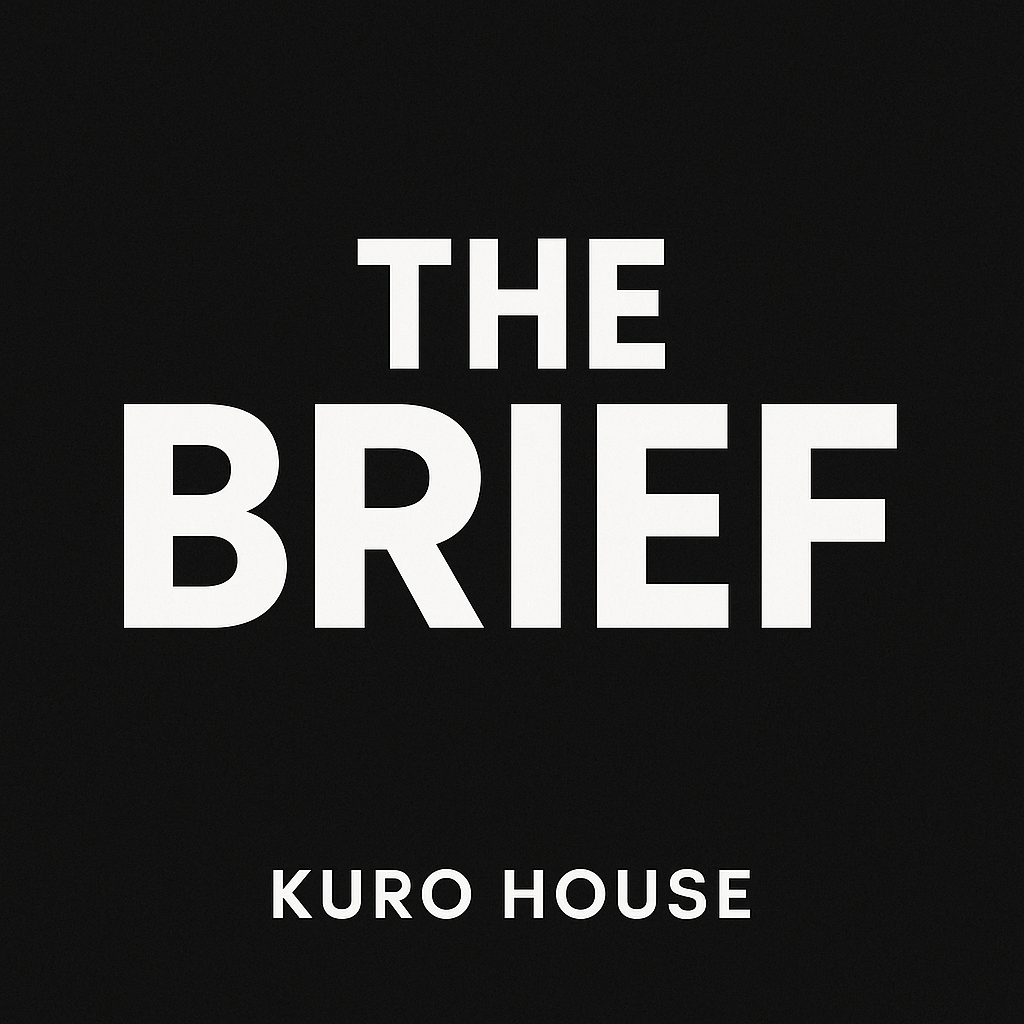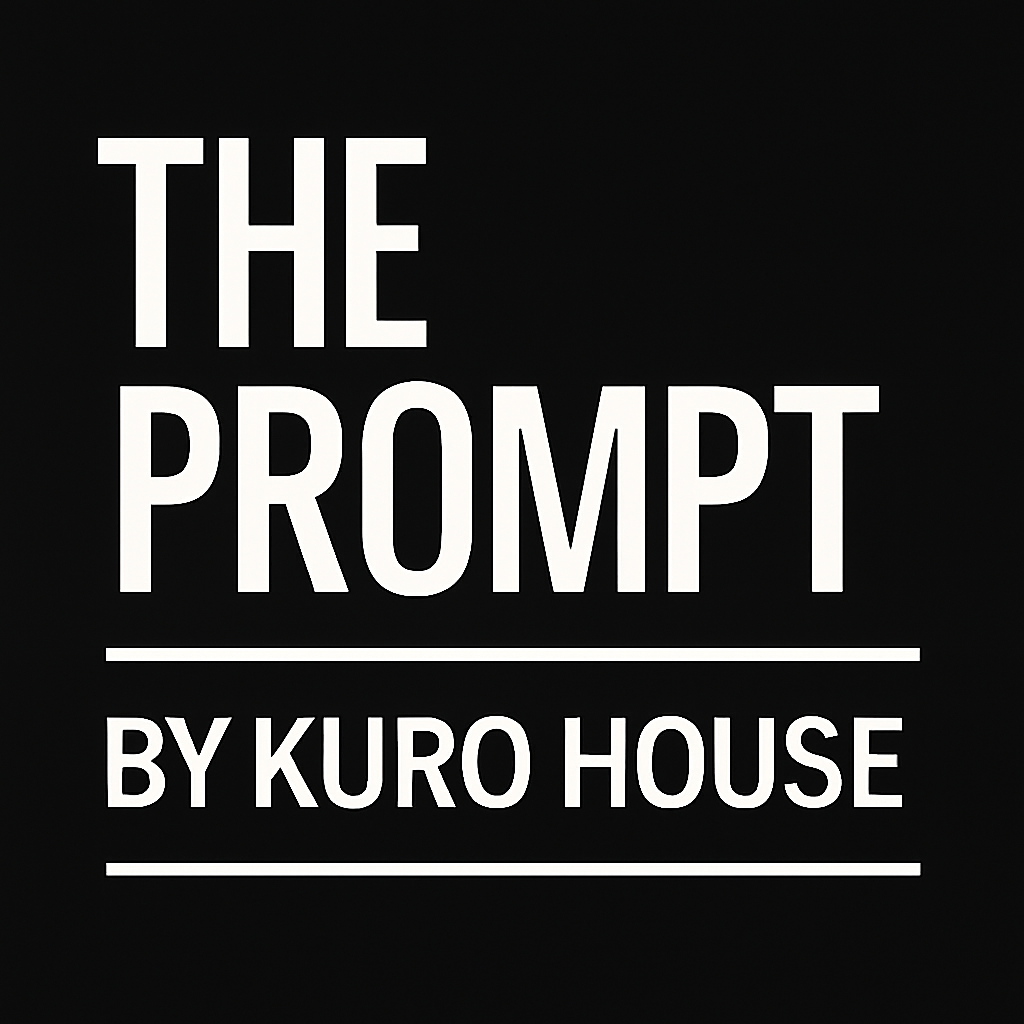Listen To The Show
Transcript
Welcome to The Brief by Kuro House, your daily hit of marketing intelligence, where we go beyond the headlines to bring you the full story behind the news shaping our industry. Today, we’re diving deep into the world of podcasting and AI, exploring a fascinating debate about the future of audio content, and sharing the details behind a controversial startup that’s making waves in the podcasting world. Let’s get into it.
Our top story comes from Adweek and tackles a question that’s been oddly absent from the biggest podcasting events: why hasn’t AI disrupted podcasting the way it’s disrupted every other corner of media? At the IAB Podcast Upfront in Manhattan, industry leaders gathered to talk shop—discussing the intimacy of podcasting, the power of audio for advertisers, the rise of video podcasts, and the importance of multipronged commercial strategies. Yet, for all the buzz around AI in media, it barely got a mention. When it did come up, it was relegated to the sidelines: tools for backend efficiencies like editing and audience targeting, not as a force threatening the core of podcast creation.
This silence is striking, especially considering the recent uproar over a startup called Inception Point AI. According to The Hollywood Reporter, Inception Point is using AI-generated personalities to churn out podcasts at a rate of thousands of episodes per week, for as little as a dollar per episode. The reaction from the audio industry has been fierce: many executives dismiss the output as “slop,” and argue that podcasting’s core—its authenticity and intimacy—makes it uniquely resistant to AI disruption. Greg Glenday, CEO of Acast, summed up the prevailing sentiment: “It’s obvious that creators need to be carbon-based organisms. We use AI around the edges, but our pitch to advertisers is authenticity. That is our moat and our five-year plan.”
Still, not everyone is convinced that podcasting is immune. Certain types of content—think sports recaps, weather updates, or news summaries—are already being produced by AI, and listeners in those genres typically care more about the information than the personality delivering it. Alison Tucker from Omnicom Media Group points out that “commodity podcasting” could easily be replaced by bots, but anything requiring a genuine connection with the audience is much harder to automate.
Inception Point’s strategy is to target those niches where personality matters less and speed and volume are everything. The company already has over 4,000 AI-generated shows, publishing thousands of episodes weekly on platforms like iHeartMedia’s Spreaker. Their next move? Creating AI-generated personalities that can converse with each other, discussing both real and fictional topics. CEO Jeanine Wright believes the skepticism is misplaced, arguing that critics don’t fully grasp the capabilities of today’s AI—or where it’s headed. The big question is whether audiences will ever embrace AI-driven entertainment, or whether the podcasting world’s faith in authenticity will hold strong.
This debate reflects a broader trend in digital media: as AI makes it easier to flood the market with generic content, both publishers and consumers are putting a premium on creator-led, personality-driven work. The confidence among podcast professionals is striking, especially given the existential anxiety AI has created in other creative fields. As Greg Glenday put it, “Sometimes, you get nervous when everyone agrees.” With startups like Inception Point pushing the boundaries, it’s a space worth watching closely.
That’s all for today’s episode of The Brief by Kuro House. We hope you found today’s story as thought-provoking as we did. The intersection of AI and podcasting is a microcosm of the larger shifts happening across media—where technology, creativity, and authenticity are all vying for the upper hand. As always, stay curious, stay sharp, and we’ll see you tomorrow with more stories you need to know.

